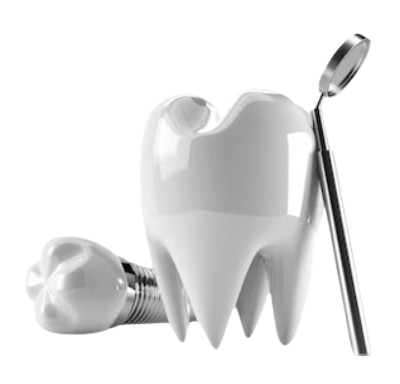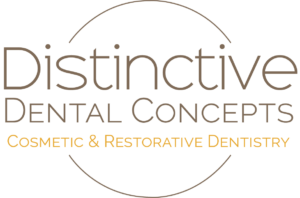
ADULT'S DENTISTRY IN GARLAND, TX
Mouth bacteria, fueled by sugars, produce acidic waste causing cavities and periodontal disease. Regular checkups and cleanings prevent infections and address oral health’s impact on overall well-being.
ADULT’S DENTISTRY
It’s easy to ignore, but a little bit of tooth decay or gum disease usually leads to a little bit more. However, one thing is certain. If left untreated, it almost always results in pain, emergency treatment, and tooth loss. So why does this happen?IT’S AN INFECTION
Millions of bacteria swim around in our mouths. Many of them are harmless, and some are beneficial. But a few love nothing more than to eat away at the hard and soft tissues of the mouth. Like all living creatures, they need an energy source. Sugars are their snack of choice, and they use simple carbohydrates from our diet to manufacture energy. Like all living creatures, they also produce waste. These acidic wastes deposited on the teeth erode the hard surfaces, weaken the enamel, and form holes known as cavities. Some bacteria produce a toxic waste that causes bleeding gums and destroys the bone around the teeth. This is called periodontal disease. Periodontal disease is the leading reason people lose their teeth and end up with dentures. Most infections can be cured with antibiotics, but mouth bacteria require a different approach. Regular checkups and cleanings help us find new cavities and remove plaque and tartar that harbor millions of harmful bacteria. High-risk patients benefit from a customized approach with our team. We have many methods to strengthen weakened enamel that has not yet developed into decay. The complex cycle of inflammation and infection extends beyond the gums and mouth. In fact, research continues to uncover the many ways that our oral health affects the overall health of our bodies including heart health. Our oral health can influence medical conditions such as arthritis, diabetes, and even some types of cancer. For example, mouth bacteria enter the bloodstream through inflamed and bleeding gums. Like a river, blood flow carries the bacteria to the small vessels of the heart and brain. Here they can damage the intricate vessel lining leading to blockage of the vessel. Heart attack or stroke can result because of bleeding gums.A few tips for maintaining a healthy mouth:
- Brush for at least two minutes twice a day and floss at least once a day: It sounds like a long time, but it makes a difference. Consider buying an electric toothbrush with a built-in timer or set the timer on your phone. If you don’t like to floss, consider toothpicks, proxabrushes, or a Waterpik.
- Rinse your toothbrush thoroughly and replace it every three months: Bacteria linger on your toothbrush, finding their way back into the mouth the next time you brush.
- Drink sugary liquids through a straw: A straw helps keep sugar from bathing the teeth directly before swallowing.
- Drink water after eating a meal: Water helps clean larger deposits of food from your teeth. Plus, we all could use a little more hydration!</li
- Get cavities treated immediately: Cavities rarely hurt until they reach a critical stage. And don’t forget: a little bit of tooth decay usually becomes a little bit more.
- See your hygienist every six months: The risk of critical dental problems diminishes significantly if you’re visiting us twice a year. Patients that fit preventive dentistry into their schedule typically enjoy fewer dental visits and expenses over time than those who wait for emergencies to develop.
Services We Offer
Ready to transform your smile?
Frequently Asked Questions

At Distinctive Dental Concepts, we provide a wide range of dental services, including general dentistry, cosmetic dentistry, orthodontics, dental implants, periodontal (gum) care, and pediatric dentistry.
Your first visit to our clinic will involve a comprehensive oral examination, X-rays if necessary, discussion of your dental history and concerns, and developing a personalized treatment plan.
To maintain good oral hygiene, we recommend brushing your teeth at least twice daily with fluoride toothpaste, flossing to remove plaque and food particles, and using an antimicrobial mouthwash. Maintaining a balanced diet and limiting sugary snacks and drinks is also essential.


